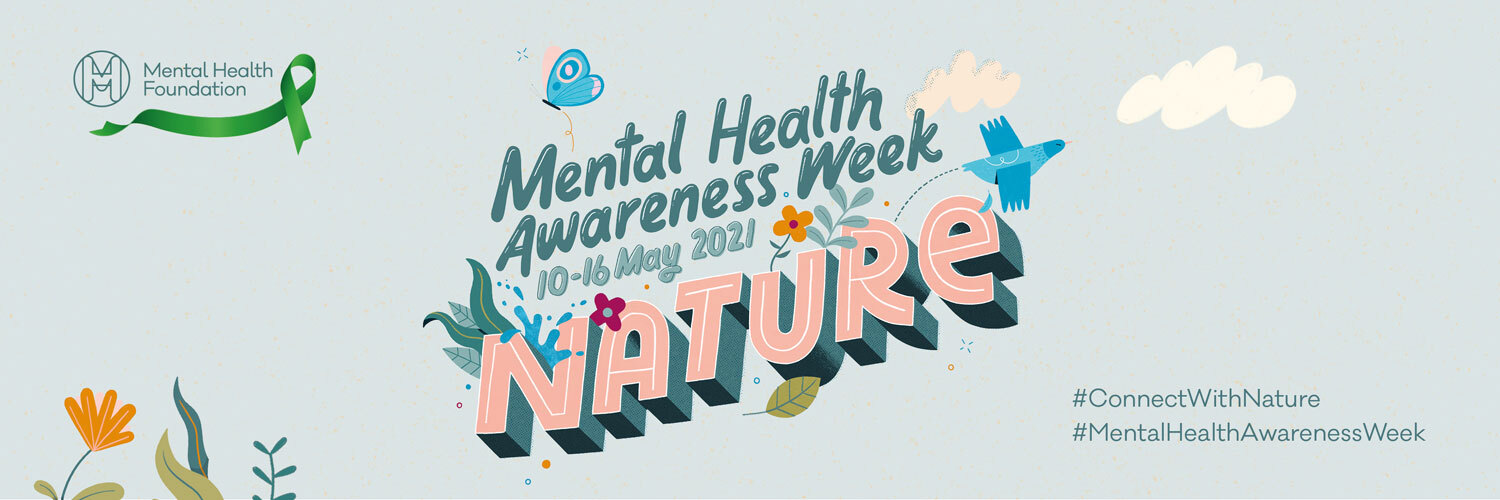Mental Health Awareness Week 2021
Dorset Search and Rescue are proud to support the Mental Health Foundation's 2021 Mental Health Awareness Week.
Looking after ourselves - our search technicians may come into contact with traumatic situations. Below, a member from our Welfare team explains the importance of Trauma Risk Management (TRiM) within organisations like ours.

This week is Mental health awareness week, and it seems to be an opportune moment to talk about how we look after ourselves and what Trauma Risk Management (TRiM) is. As search technicians, we can encounter trauma. We may witness events or images that are difficult to process, and be exposed to experiences, that if not dealt with, can cause issues long term. Trauma can directly affect mental health.
Dorset Search and Rescues takes the wellbeing of our volunteers seriously and we already employ several tactics to achieve this. Within the charity, we have our own dedicated welfare team who are always ready to be the first offer of support should our volunteers need it. Our welfare team is made up of 15 Mental Health First Aiders (provided by Mental Health England).
Should a volunteer experience a potentially traumatic experience of require internal support, a referral is made for that volunteer to be contracted by a member of our welfare team after the event. Those contacts are repeated, and we are not only in a position to closely monitor that individual but also signpost onto external support, where appropriate.
TRiM is a trauma-focused peer support system designed to help people who have experienced a traumatic, or potentially traumatic, event. TRiM Practitioners are non-medical personnel who have undergone specific training allowing them to understand the effects that traumatic events can have upon people. They are not counsellors or therapists but understand confidentially and are able to listen and offer practical advice and assistance. TRiM Practitioners are trained to spot signs of distress in people that may go unnoticed, they carry out TRiM assessments and TRiM planning meetings and signpost people to support if required.
TRiM originated in the UK Armed Forces and the model is based on ‘watchful waiting’, that means keeping a watchful eye on individuals who have been exposed to a traumatic event, whether that person has been directly involved or involved from afar.
For some months now, the welfare team at Dorset Search and Rescue have been working on creating a TRiM team to enable support to be offered to those volunteers within the charity who may need it. We will achieve this by sponsoring 6 to 8 of our volunteers to become qualified TRiM practitioners. Training someone to become a TRiM practitioner requires 2 days of training and costs the organisation £900 per person.
In support of last year's Mental Health Awareness Week (2020), one of our Search Technicians wrote their own story about mental health. You can revisit their story here.
Help us find missing people
Dorset Search and Rescue are funded through donation or grants, which we could not do without the support of the Dorset community. You can help us find missing people by donating, big or small. As a group of volunteers, no one takes a wage and all of your donation goes straight into the charity.
DONATE HERE FUNDRAISEWould you like to gift something to us instead? Check out our Amazon Wishlist, where you can purchase items we need for us. They get sent directly to the charity.
AMAZON WISHLISTLatest Articles
New Control Vehicle goes live
Dorset Search & Rescue's much needed replacement Control Vehicle goes live, with thanks to local community fundraising efforts. Read more
New Water Response Unit goes operational
Dorset Search & Rescue's much needed Water Response Unit goes live, with thanks to the Department for Transport, Ford UK and local companies. Read more
Muc-Off donate hand sanitiser to Dorset Search & Rescue
Poole based company, Muc-Off, make a significant donation of hand sanitizer to help us search for missing people during the Coronavirus pandemic. Read more

Help us to keep DorSAR operating and fund new life saving projects in your community by donating to us or setting up a fundraiser.
DONATE HEREFUNDRAISE FOR US



